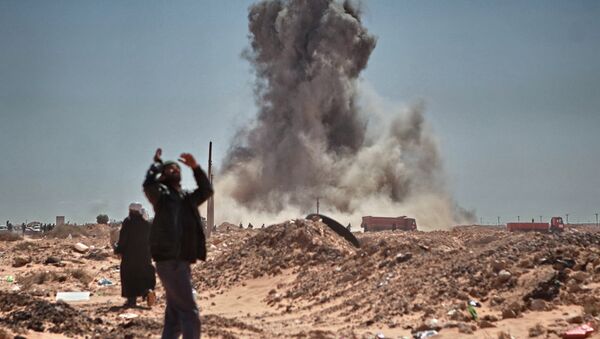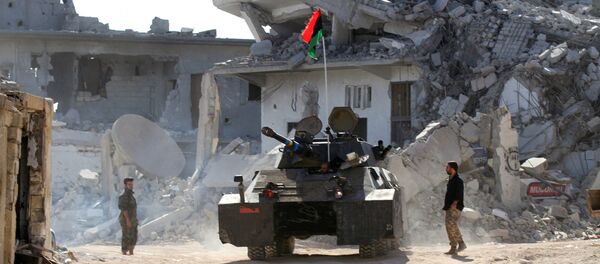The military, led by Field Marshal Khalifa Haftar, will take charge of the country during this time; once the country is united once again, the government will then focus its attention on reaching a political consensus within the nation.
Katrani pointed out that the Libyan National Army owes its successes in the fight against Daesh (ISIS/ISIL) and other terrorist groups due to the overwhelming popular support at home and to the recognition of its legitimacy abroad.
According to Katrani, during the state of emergency all government institutions except for the house of representatives will suspend their activities; as the army assumes control of the country, military governors will be assigned to each region and military field courts will come into operation.
He also insisted that the army does not seek to permanently seize power in the country, and as soon as the situation in Libya is stable the country will return to democracy: parliamentary and presidential elections will be held and a special committee will set to work on developing a constitution.
The time for coups in the world is over, Katrani declared, and if the people of Libya wish to see Haftar as their leader and he reciprocates, then the field marshal will participate in presidential elections.



